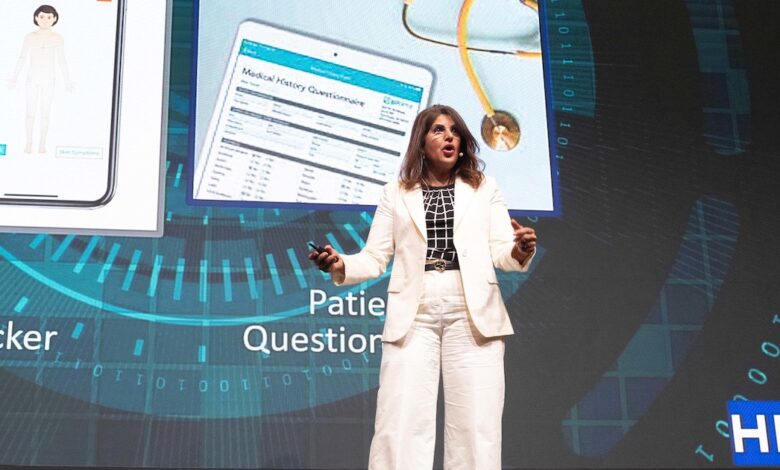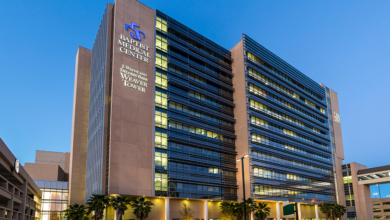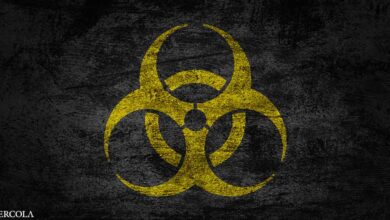How CRISPR shapes the future of disease diagnosis and treatment


Gene editing was the focus of the keynote session “A New Era for Medicine: Digital Diagnostics and Therapeutics” by Dr Tamara Sunbul, medical director of Clinical Informatics at Johns Hopkins Aramco Healthcare.
“In the future, we’re going to be doing genotyping over time,” she declared. “We’re going to rely on data, collecting those data over time.”
With the way doctors are prescribing medications today, there can be variations in outcomes.
“Sometimes [when] you give two people the same medication, they might react differently… That’s why we need digital technology [like gene editing] to be able to detect abnormalities,” Dr Sunbul opined.
The latest in gene editing is the CRISPR-Cas9, which works like a pair of scissors. It cuts a DNA sequence at a specific site with precision and deletes or inserts gene sequences that change the DNA base.
Apart from agriculture and bioenergy, CRISPR also holds promise in digital diagnostics and therapeutics, Dr Sunbul shared.
Examples of gene editing in digital diagnostics are the latest SHERLOCK and DETECTR methods of rapid detection of infectious diseases, including COVID-19. Gene editing can also be incorporated into the process of drug discovery, like what Atomwise, Deep Genomics, and Valo are currently doing.
Gene editing is also helping advance cell and gene therapies for various conditions, including
blood disorders (thalassemia, sickle cell disease, and haemophilia), down syndrome, hereditary blindness, cystic fibrosis, Duchenne’s muscular dystrophy, and Huntington’s disease.
Through CRISPR, it has been possible today to reprogramme a patient’s immune system to target their own cancer, infections (such as HIV, COVID-19, flu, Malaria, Zika, antibiotic resistance), and chronic diseases (such as hypercholesterolemia and type 1 Diabetes).
While gene editing certainly advances these areas of health, there are still ethical, legal, and scientific factors to consider.
“There are a lot of issues and instabilities that can happen. A wrong snip in the wrong direction can just mean the end [for someone],” Dr Sunbul said.
“What we do now not only affects that person but also affects the future generation. This is going to latch for generations,” she added, pertaining to the irreversible changes that gene editing can cause.




